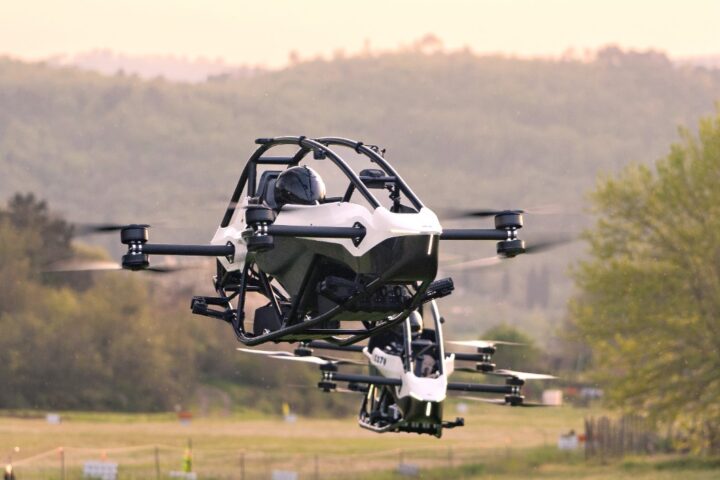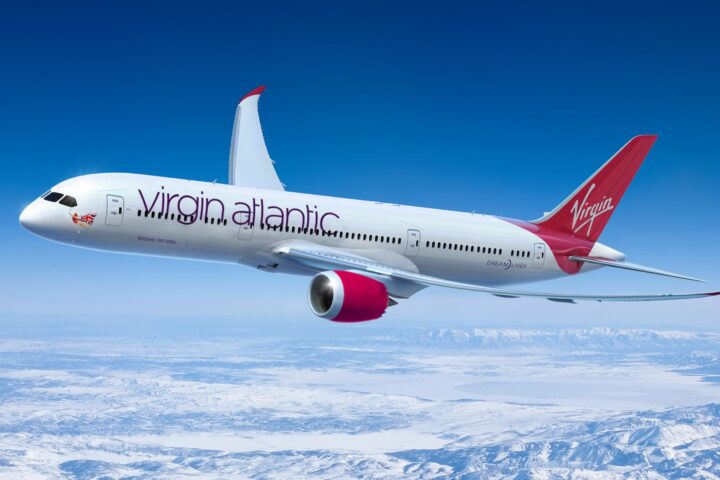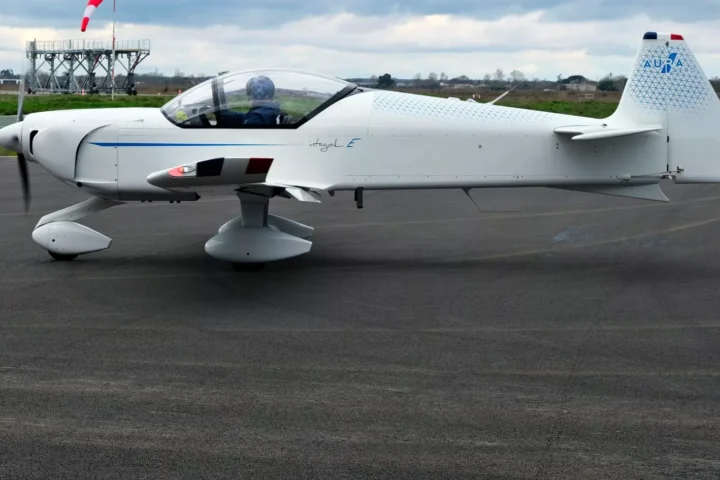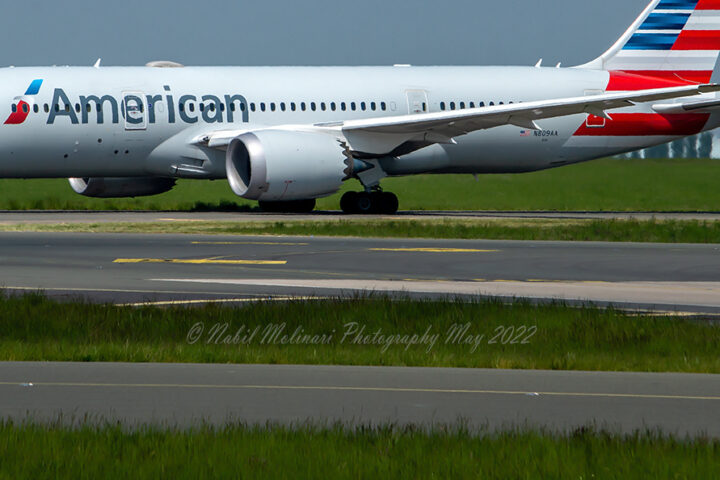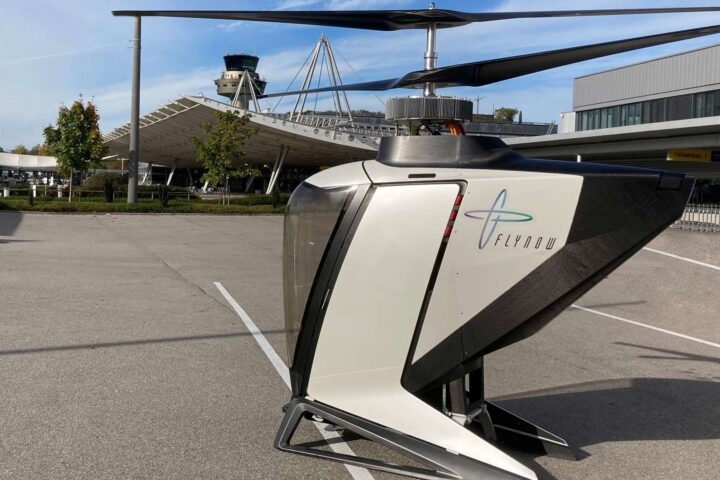In a landmark move signaling the aviation industry’s growing commitment to sustainability, Southwest Airlines Co. (NYSE: LUV) has entered into a sustainable aviation fuel (SAF) supply agreement with Valero Marketing and Supply Company, a subsidiary of Valero Energy Corporation (NYSE: VLO). This groundbreaking partnership aims to bring a substantial volume of SAF to Chicago Midway International Airport (MDW), marking the largest such agreement in the state of Illinois to date.
Fueling the Future: Details of the SAF Supply Agreement
Under the terms of this two-year agreement, Southwest will purchase a minimum of 3.6 million gallons of neat SAF (equivalent to approximately 12 million gallons when blended) for use in its operations starting as early as Q4 2024. Furthermore, the airline has secured the option to acquire up to 25 million gallons of neat SAF (translating to about 84 million gallons blended) over the duration of the agreement. On a blended basis, this volume would account for an impressive 35% of Southwest’s jet fuel consumption at MDW, based on the carrier’s usage in the previous year.
Governor JB Pritzker lauded the partnership, stating, “Since day one as Governor, I’ve committed to making Illinois a national leader in sustainability and clean energy, which is why I was proud to support a nation-leading SAF tax credit last year that we’ve already seen make an impact on adoption rates in Illinois. Our airports are some of the largest and most connected in the country and I’m thrilled that Southwest and Midway International Airport are partnering to expand sustainable fuel use in their flights, an essential step toward a clean energy future.”
Waste-to-Fuel: The Environmental Impact of SAF
The neat SAF procured through this agreement is expected to be derived from waste-based feedstocks, such as used cooking oil, animal tallow, and distiller’s corn oil. This innovative approach to fuel production is estimated to yield a remarkable 74% to 84% reduction in lifecycle greenhouse gas emissions compared to conventional jet fuel. Moreover, the SAF will undergo rigorous certification by a CORSIA-approved Sustainability Certification Scheme (SCS) at the batch level, ensuring third-party verification of its compliance with Southwest’s stringent SAF policy requirements.
Diamond Green Diesel, a joint venture between an affiliate of Valero and Darling Ingredients Inc., will be responsible for supplying the neat SAF. The fuel will then be blended with Valero’s conventional jet fuel and delivered seamlessly via existing fuel delivery infrastructure, including the Explorer Pipeline and West Shore’s Chicagoland pipeline network.
U.S. Senator Tammy Duckworth (D-IL) commended Southwest Airlines for this significant step forward, emphasizing the critical role of SAF in making American aviation more sustainable. “At the federal level, I’m going to keep pushing to increase the supply of American-grown, American-made SAF from a wide range of feedstocks—a true win-win solution that supports domestic farmers and blenders while reducing our nation’s carbon footprint,” Duckworth asserted.
Collaboration: The Key to Scaling SAF Adoption
Commissioner Jamie L. Rhee of the Chicago Department of Aviation (CDA), which owns and operates both O’Hare and Midway international airports, stressed the importance of collaboration between airports and airline partners in promoting a cleaner, greener future for aviation. “We are thrilled that Southwest Airlines has chosen Midway International Airport to advance its commitment to sustainability through the use of SAF, and we applaud their leadership team for embracing innovative solutions that will benefit our community, travelers, and the planet for generations to come,” Rhee remarked.
The successful implementation of this agreement can be attributed to the Illinois Sustainable Aviation Fuel Purchase Credit and the support of Southwest’s valued Corporate Customers in its Scope 3 SAF Program. By securing this significant SAF volume, Southwest aims to expand access for Corporate and Cargo Customers to support the use of SAF in the carrier’s operations, further reinforcing its commitment to sustainability.
“Today’s announcement marks a milestone in our efforts to utilize more SAF in our operation,” said Michael AuBuchon, Managing Director of Fuel Strategy and Management at Southwest Airlines. “We’re grateful to the state of Illinois for making the Sustainable Aviation Fuel Purchase Credit available to airlines serving Illinois, and we thank our incredible Corporate Customers for supporting our use of SAF, which is a great example of public-private collaboration that we anticipate will help scale SAF and meet our long-term sustainability goals.”
The Road to Net-Zero: Southwest’s Nonstop Journey
This landmark SAF agreement aligns with Southwest’s ambitious “Nonstop to Net Zero” plan, which outlines the carrier’s path towards achieving net zero carbon emissions by 2050. The airline has set clear interim goals, including reducing single-use plastics from inflight service by 50% (by weight) by 2025, saving 50 million incremental gallons of jet fuel by 2025, and eliminating single-use plastics where feasible and electrifying 50% of eligible ground support equipment by 2030.
By 2035, Southwest aims to reduce its emissions intensity by 50% and save 1.1 billion cumulative gallons of jet fuel. The airline also plans to halve the energy utilization index (EUI) at its Dallas headquarters. The ongoing fleet modernization with Boeing’s fuel-efficient 737 MAX aircraft, offering a 14% reduction in fuel burn compared to previous-generation 737 models, will play a pivotal role in Southwest’s emissions reduction strategy.
Similar Posts
Industry Trends and Global Context
The aviation industry’s increasing adoption of SAF is a testament to its potential in decarbonizing air travel and combating climate change. The International Air Transport Association (IATA) has set an ambitious target for the aviation sector to achieve net-zero carbon emissions by 2050, and SAF is expected to play a crucial role in meeting this goal. With the International Civil Aviation Organization (ICAO) also embarking on efforts to establish a long-term aspirational goal for the industry, the significance of SAF in shaping the future of sustainable aviation cannot be overstated.
Countries worldwide are accelerating their efforts to produce and utilize SAF, with India emerging as a potential key exporter of sustainable fuel. As global demand for SAF grows, it is anticipated that production technologies will continue to advance, making SAF more cost-competitive with conventional jet fuel.
The Economic Impact of SAF Adoption
The widespread adoption of SAF not only offers environmental benefits but also has the potential to generate significant economic opportunities. Increased SAF production can lead to job creation in the green energy sector, bolster rural economies by providing new revenue streams for farmers and blenders, and reduce reliance on fossil fuel imports.
As the aviation industry recovers from the impacts of the COVID-19 pandemic, investments in sustainable technologies and infrastructure, such as SAF, can play a vital role in building a more resilient and environmentally responsible future for air travel.
The Future of Sustainable Aviation
Southwest Airlines’ groundbreaking SAF supply agreement with Valero marks a significant step forward in the aviation industry’s journey towards sustainability. As more airlines and airports collaborate to increase SAF adoption, the goal of net-zero carbon emissions becomes increasingly attainable.
However, achieving this ambitious target will require continued innovation, policy support, and investment in SAF production and distribution infrastructure. Governments, industry stakeholders, and consumers must work together to create a favorable environment for the widespread adoption of sustainable aviation fuels.
As the world navigates the path to a cleaner, greener future, partnerships like the one between Southwest Airlines and Valero serve as a powerful reminder of the transformative potential of sustainable aviation fuels in shaping the future of air travel. With each milestone achieved, the aviation industry moves closer to its ultimate goal of decarbonization, ensuring that the benefits of air travel can be enjoyed for generations to come without compromising the health of our planet.



